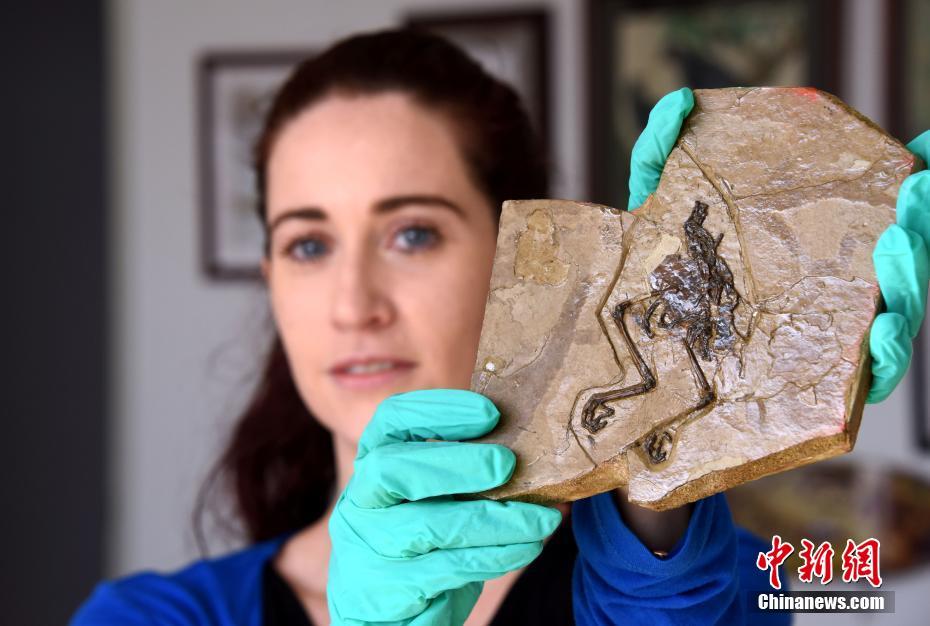Dinosaur-era bird fossil found with unlaid egg


A group of scientists in Gansu province have discovered a fossilized bird dating back about 110 million years and the first ever to have an unlaid egg in its abdomen.
The fossil represents a new species, Avimaia schweitzerae, belonging to a group called the Enantiornithes, which was abundant around the world and coexisted with dinosaurs in the Cretaceous period.
The well preserved fossil was discovered in the city of Yumen.
Because the specimen was crushed flat, it was only after a small fragment was extracted and analyzed under a microscope that the research team at the Chinese Academy of Sciences' Institute of Vertebrate Paleontology and Paleoanthropology realized the unusual tissue was an egg, said Alida Bailleul, the lead author of the article.
- China moves to set national standards for pre-made dishes
- Chinese company unveils plans for commercial space flights
- Latest addition to Shiziyang Bridge constructions brings main tower above 300 meters
- Hebei's 'ancient pressure cooker' setting internet ablaze
- Major urban renovation restores Xi'an's ancient moat
- China launches nationwide employment assistance program





































